Architecture for the arts can be a very tricky undertaking, yet when done successfully, can be fulfilling for the architect and for the public.
There is a fine line between a building overpowering the art and a design that enhances the art. Ben van Berkel of the renowned Dutch architecture firm UNStudio loves to walk that line and has been very successful in enhancing the experience for the artists and patrons alike.
Following up the critical acclaim of Theatre Agora in the Dutch city of Lelystad, UNStudio went to work for KUG, the University of Music and Performing Arts in Graz, Austria. Set to open on March 1, 2009, the Haus für Musik und Musiktheater or MUMUTH, is the centerpiece for performance in the performing arts school.
“Finally we can offer our students an outstanding architectural building space to further their artistic training. The mission of the Arts University is the on-going development of the arts. Thanks to MUMUTH our audience can be increasingly involved in this exciting process”, says Rector KUG Georg Schulz.
The process started nearly ten years ago when UNStudio was picked in a design contest which attracted 212 other firms.
“The desire to make a building that is as much about music as a building can be, has been a constant throughout the nearly ten years that it took to build the theatre and the themes that are at the basis of the building and its overall organization have also endured throughout this time,” said van Berkel.
The defining element of the MUMUTH was originally envisioned as a spring structure which bears the most direct relationship to music as it would alternately be stretched, suppressed and folded up inside itself to offer structure to the various volumes that together make up the theatrical, audience, rehearsal and utility spaces.
Over time, the spring concept dissolved into a refined spiral concept, which, like an octopus, is simple, orthogonal and horizontally orientated at the base and turns into a complex, smaller-scaled principle as it connects to the ceiling.
“This principle of a spiral that divides itself into a number of interconnected smaller spirals that take on a vertical and diagonal direction became an important design model for us which we called the blob-to-box model,” said van Berkel. “It illustrated in a simple line diagram how a building could be structured to combine within one, rigorous gesture a strict, unit-based volume, the black box of the theatre, and a series of flowing, movement-based volumes of the foyer and public circulation.”
The free-flowing space of the foyer is made possible by a spiraling staircase that connects the entrance to the auditorium and to the music rooms above, thus welding together ‘with a twist’ the three levels of this side of the building.
“The twist is in fact a massive concrete construction which was one of the most challenging we ever realized – more difficult to achieve even than the twists in our recently completed museum for Mercedes-Benz,” said van Berkel. “The dimensions of this particular twist necessitated far greater precision and the use of self compacting concrete which was pumped up from below instead of poured down from above as is the usual method.”
The twisting staircase forms a central feature of the public space, around which everything revolves. Lighting and material details accentuate the ripple effect, highlighted from above by a skylight in the ceiling, which consists of lamellas in dark wood which fan out from the twist in a wave-like pattern.
“Our interest in re-establishing a relationship between music and architecture had from the beginning focused on shared aspects such as rhythm, continuity, channeling,” said van Berkel.
The box is mostly glass and steel shaded by an outer façade of a glittering mesh. The appearance is impacted by changes in light as well as by proximity and viewing angles. The muted pattern on the outer mesh is repetitive and meant to symbolize the sonority repetition brings to music.
As an innovative platform for a discourse of modernity, MUMUTH will be the place for high-quality artistic productions and interdisciplinary events. Productions will always have an eye on contemporary trends animating this way KUG’s strategic goals of “Tradition and Modernity” and “Practice and Reflection”. These events will help to better accomplish the mission of a university to develop and unfold the arts.
[latest articles]
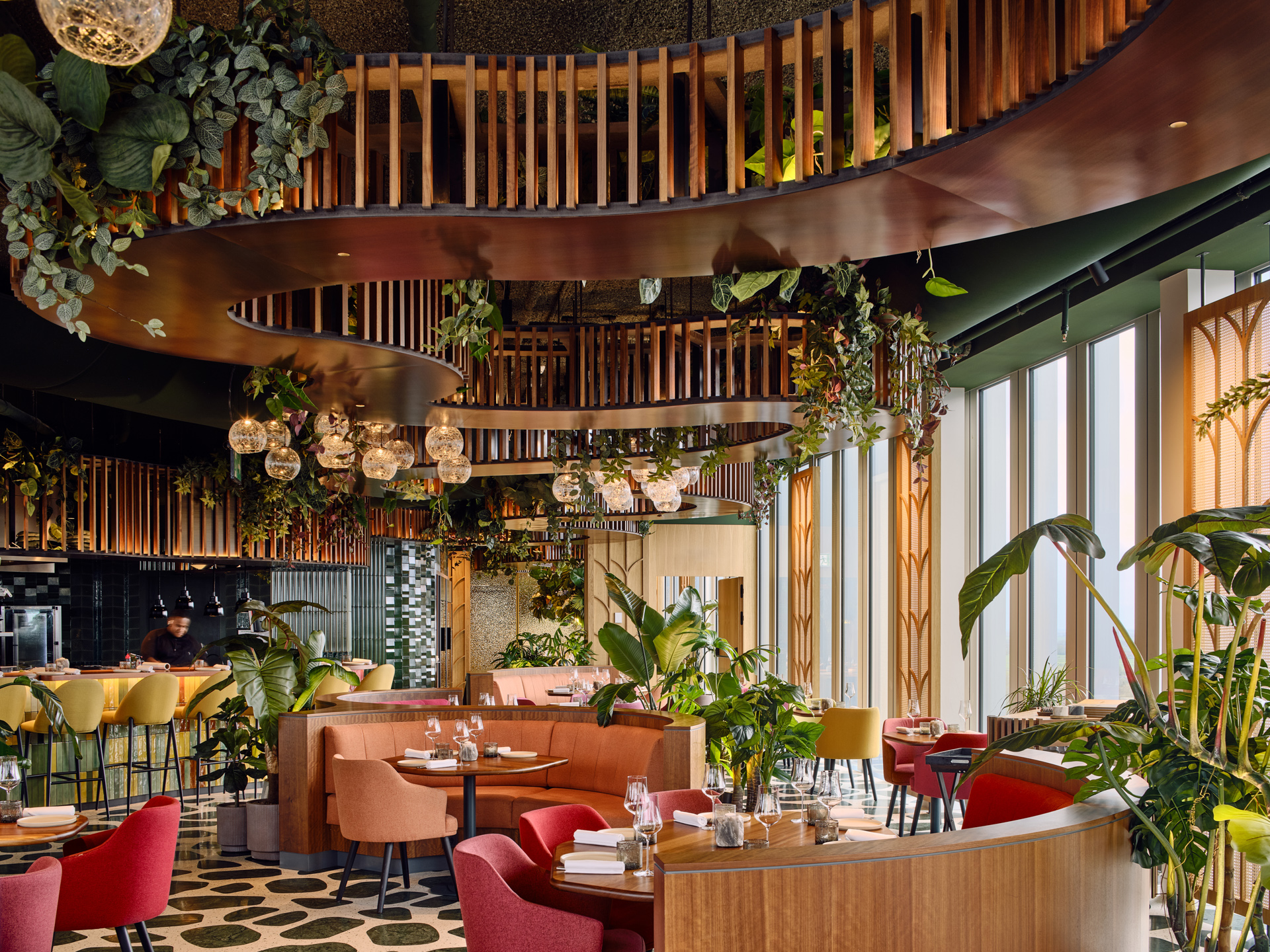
Selva Restaurant: A Design Inspired Dining Experience in Amsterdam
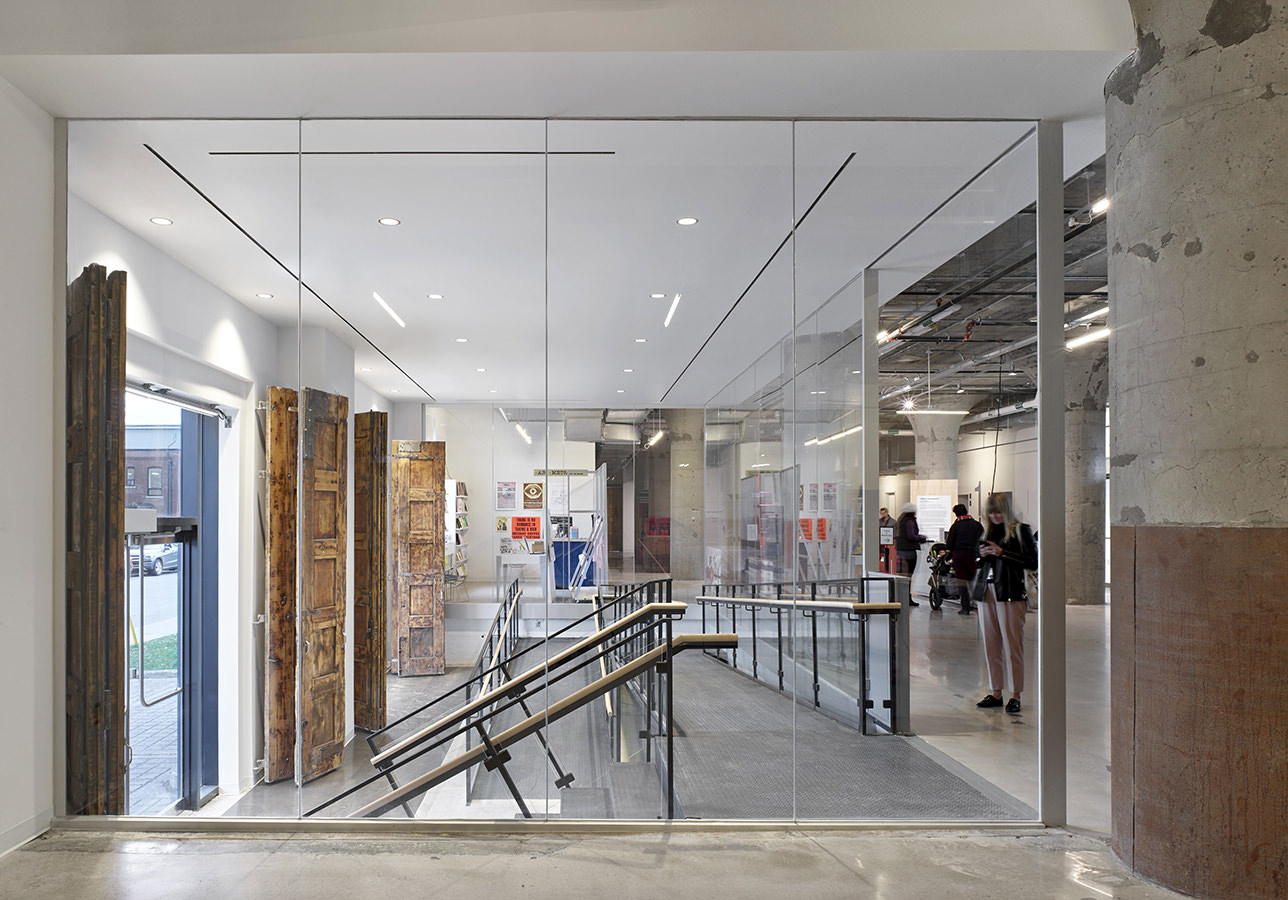
New Home of Toronto’s Museum of Contemporary Art
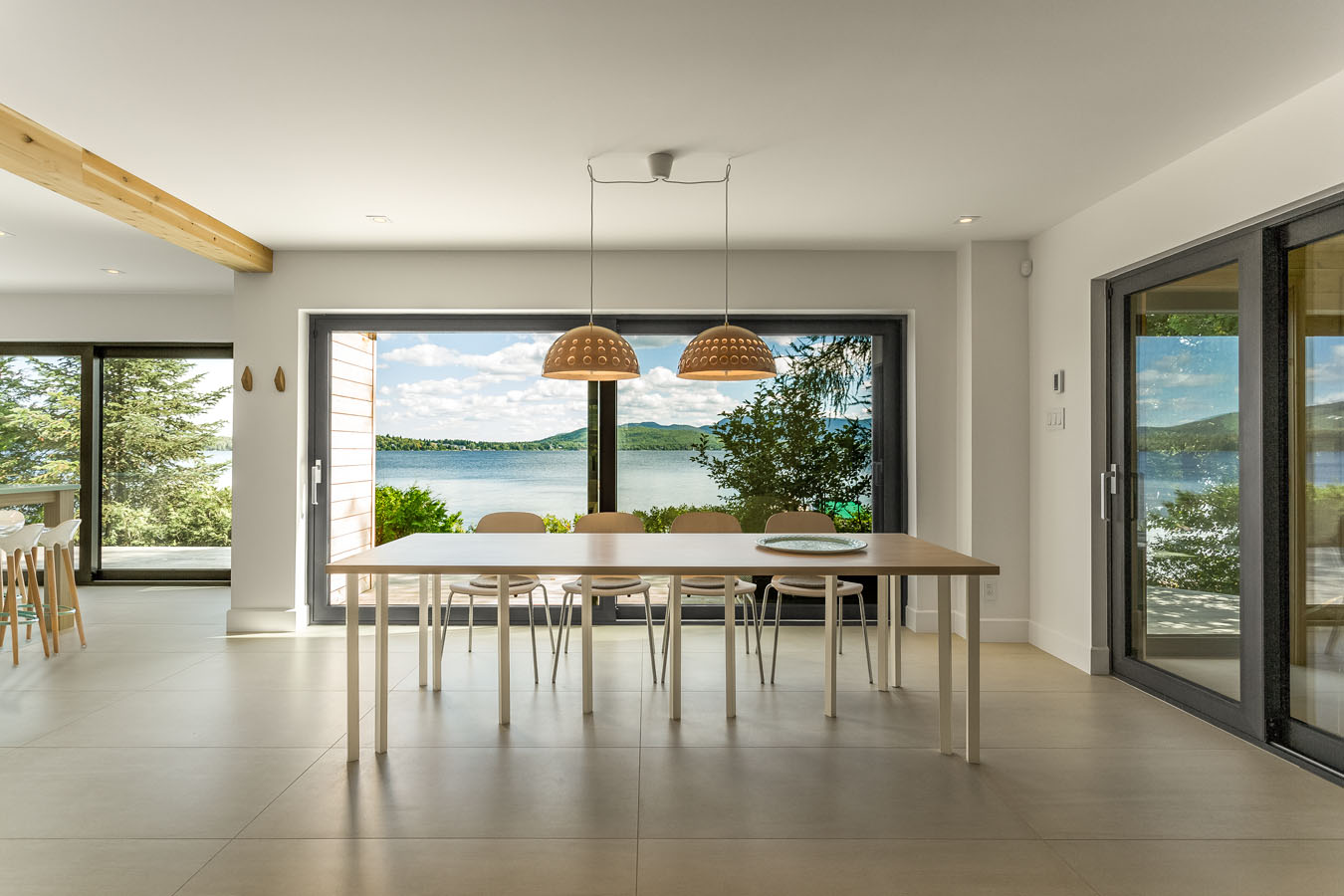
Nordic Architecture and Sleek Interior Design
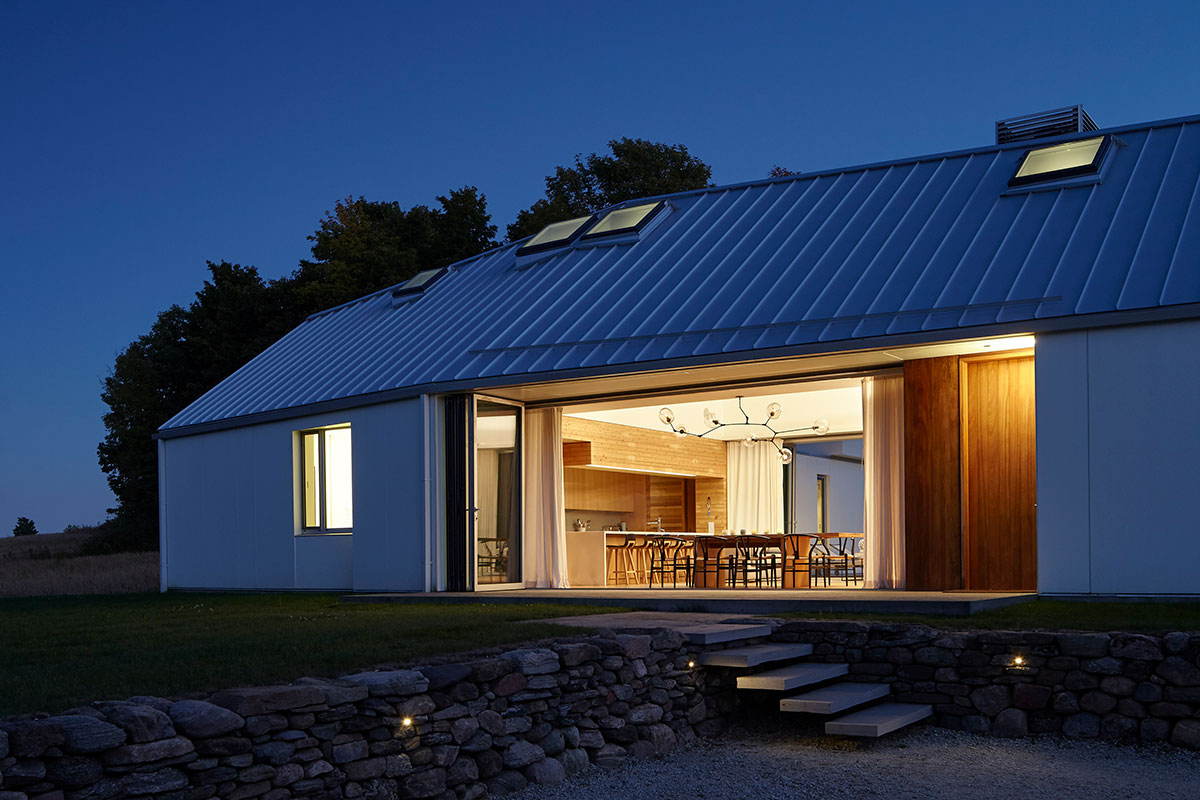
Charting a New Course at Compass House
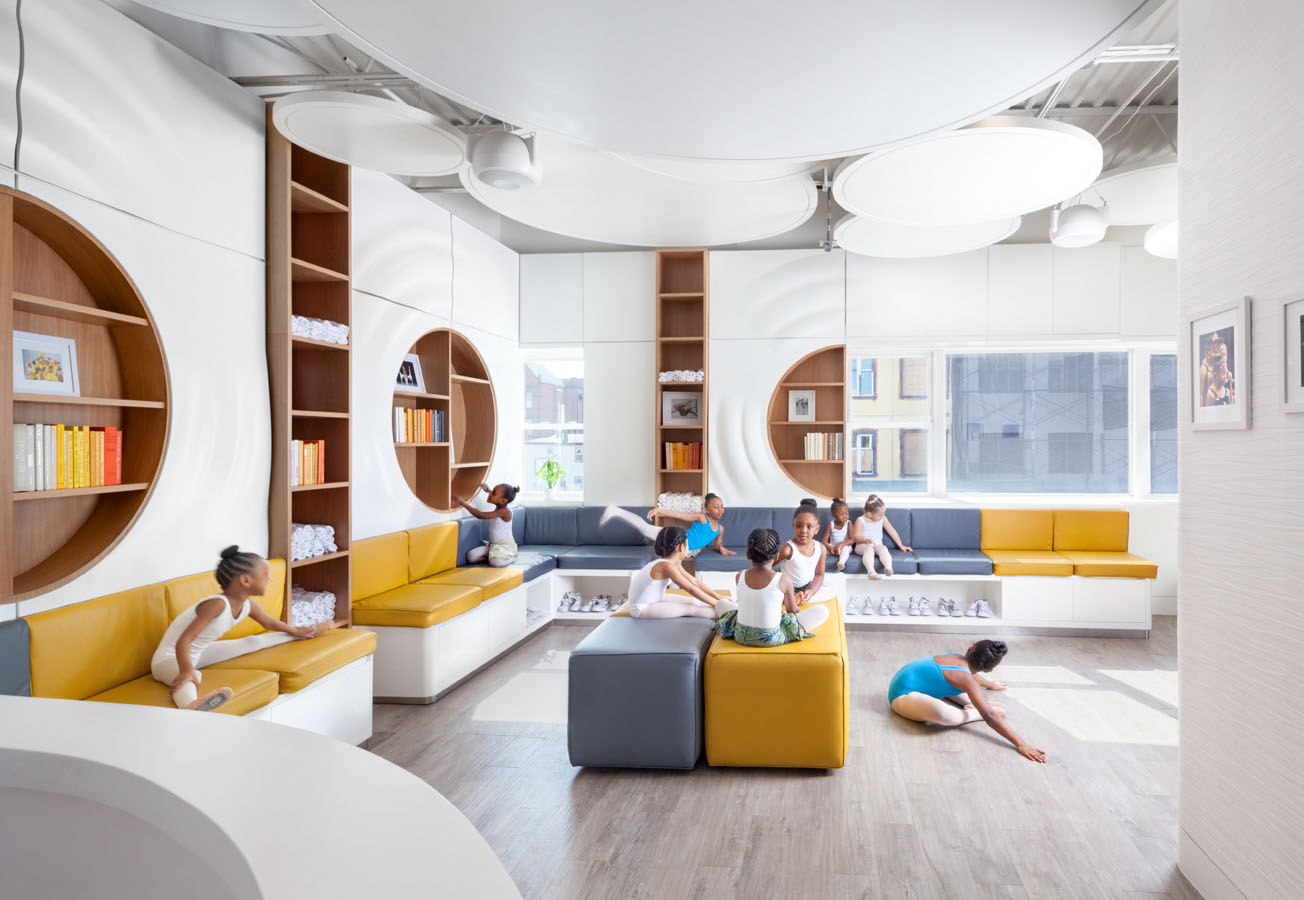


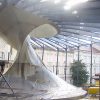
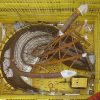
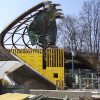
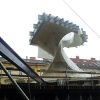
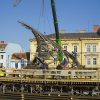
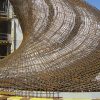
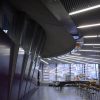
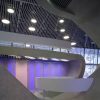
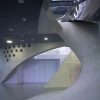
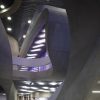
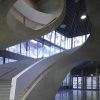
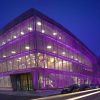
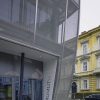
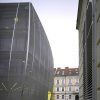
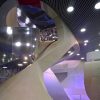
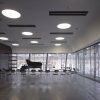
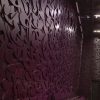
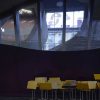
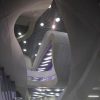
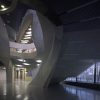
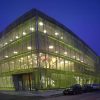
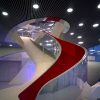
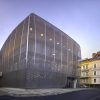
I became just browsing here and there but happened to be you just look at this post.
beautiful blog merciiiii
Wow, this is beyond amazing. I’m blown away by the exterior alone. The outside mesh that changes color and appearance is a nice touch. The best part of this one is that every single aspect ties in with the purpose of the building.